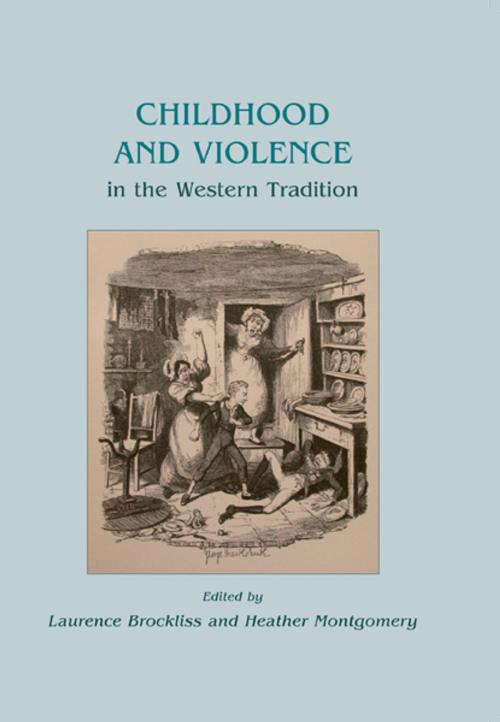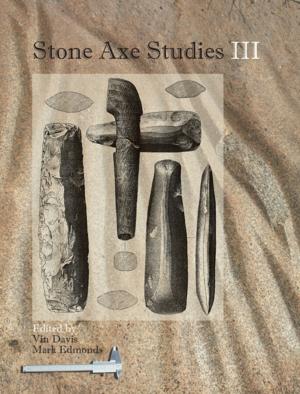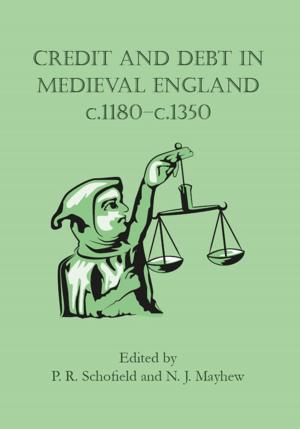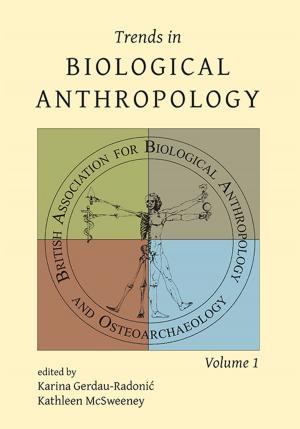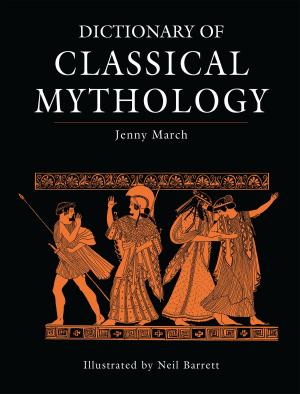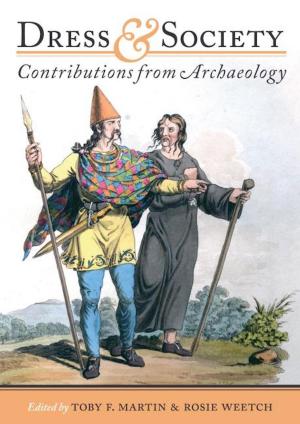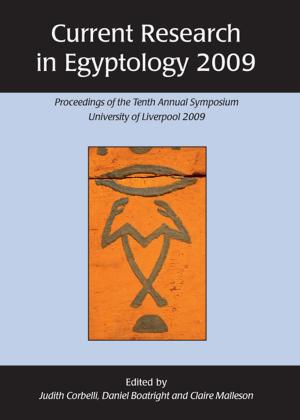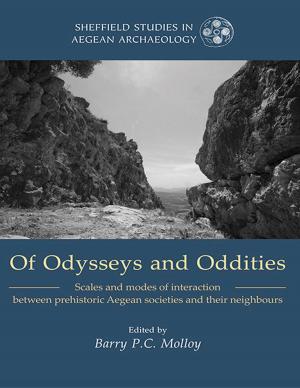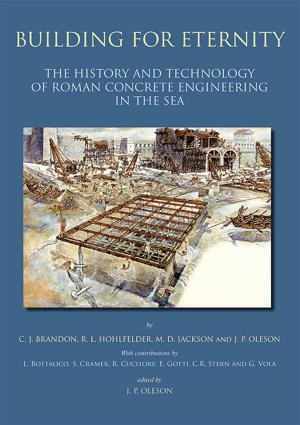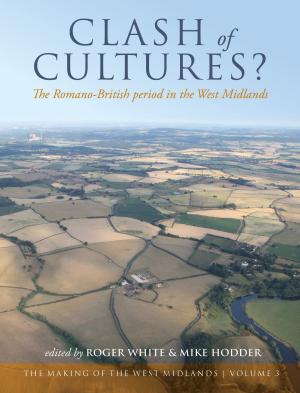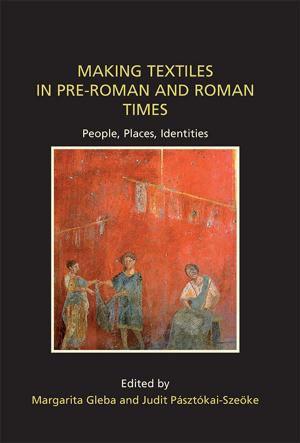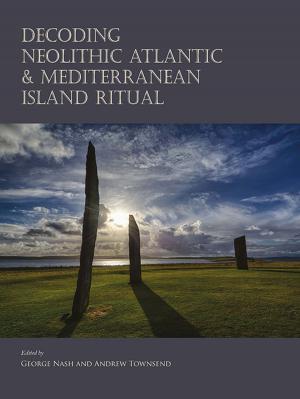Childhood and Violence in the Western Tradition
Nonfiction, Social & Cultural Studies, Social Science, Archaeology, Anthropology, History| Author: | Laurence Brockliss, Heather Montgomery | ISBN: | 9781842178287 |
| Publisher: | Oxbow Books | Publication: | September 10, 2010 |
| Imprint: | Oxbow Books | Language: | English |
| Author: | Laurence Brockliss, Heather Montgomery |
| ISBN: | 9781842178287 |
| Publisher: | Oxbow Books |
| Publication: | September 10, 2010 |
| Imprint: | Oxbow Books |
| Language: | English |
The violence and neglect suffered by children today is a common subject of media attention and much political hand-wringing, not just in Britain but in other parts of the western world. As yet, however, there has been no attempt to explore this concern historically and look at how the boundary between good and bad parenting may have changed across time. This book attempts to fill the gap by examining the role of violence and neglect in the relations between parents/carers and children from the Bronze Age to the present. By demonstrating how the boundary between acceptable and unacceptable forms of childrearing has shifted through the ages, and not necessarily in a linear direction, it will emphasise how relatively recent our contemporary understanding of good and bad parenting is, and hence the high likelihood that that understanding has not been completely digested. The book is divided into six, multi-authored chapters. The first four deal with different manifestations through the centuries of what would be today considered violence and neglect: 1) child sacrifice; 2) infanticide and abandonment; 3) physical and mental cruelty; and 4) exploitation. The fifth and sixth chapters look at the various violent and non-violent strategies used by children as coping mechanisms in what to us seems a very harsh world. Each chapter consists of a number of short chronologically or thematically specific extracts, written by nearly 40 historians, sociologists, anthropologists, literary scholars and theologians, and knitted together into a coherent narrative by the editors.
The violence and neglect suffered by children today is a common subject of media attention and much political hand-wringing, not just in Britain but in other parts of the western world. As yet, however, there has been no attempt to explore this concern historically and look at how the boundary between good and bad parenting may have changed across time. This book attempts to fill the gap by examining the role of violence and neglect in the relations between parents/carers and children from the Bronze Age to the present. By demonstrating how the boundary between acceptable and unacceptable forms of childrearing has shifted through the ages, and not necessarily in a linear direction, it will emphasise how relatively recent our contemporary understanding of good and bad parenting is, and hence the high likelihood that that understanding has not been completely digested. The book is divided into six, multi-authored chapters. The first four deal with different manifestations through the centuries of what would be today considered violence and neglect: 1) child sacrifice; 2) infanticide and abandonment; 3) physical and mental cruelty; and 4) exploitation. The fifth and sixth chapters look at the various violent and non-violent strategies used by children as coping mechanisms in what to us seems a very harsh world. Each chapter consists of a number of short chronologically or thematically specific extracts, written by nearly 40 historians, sociologists, anthropologists, literary scholars and theologians, and knitted together into a coherent narrative by the editors.
